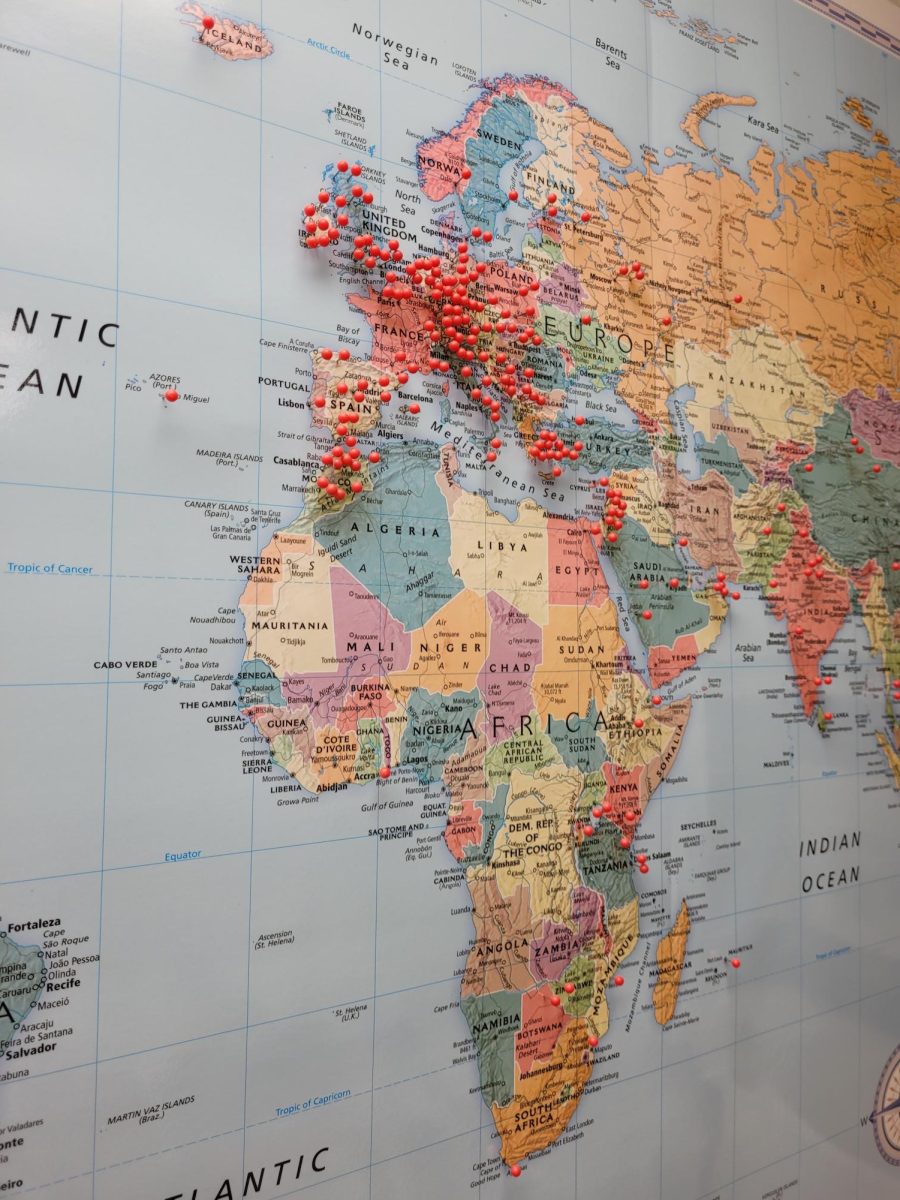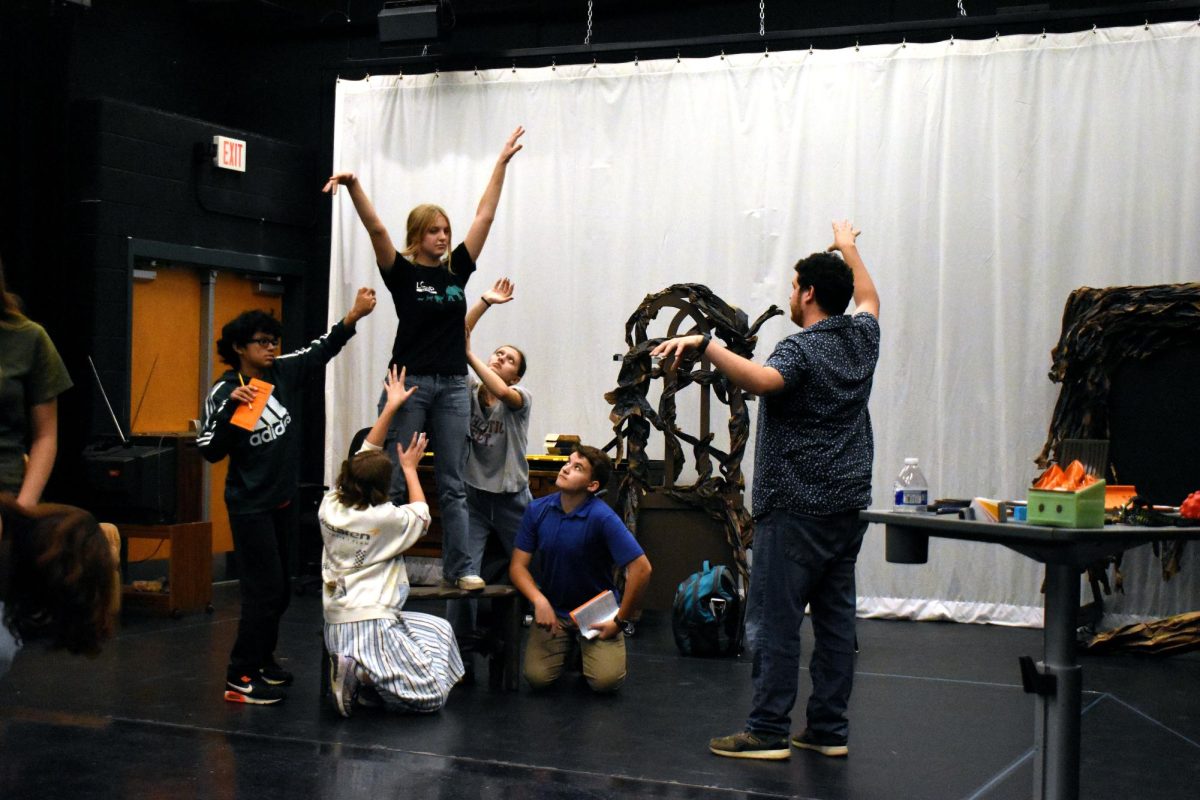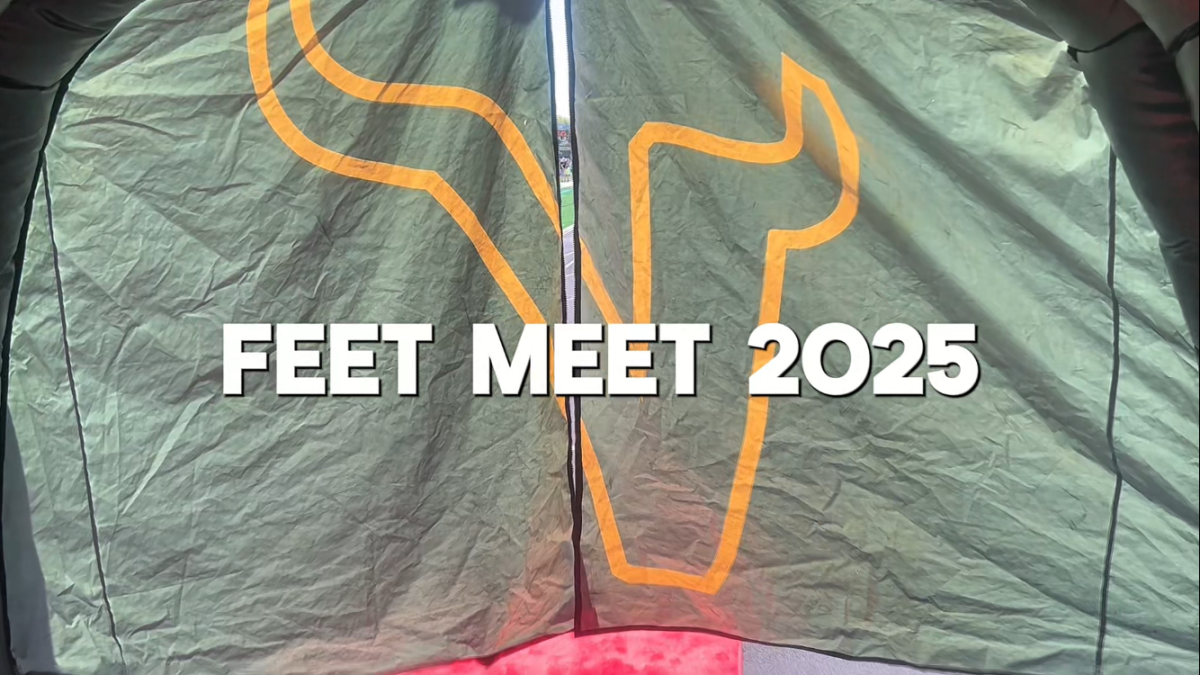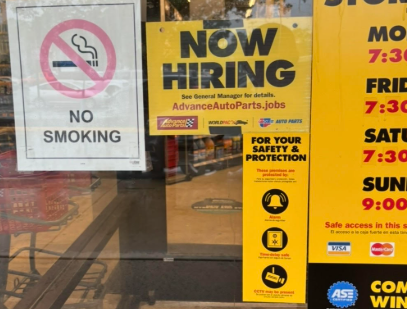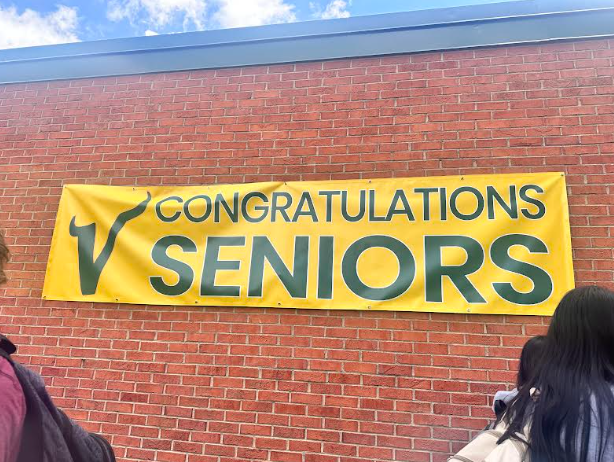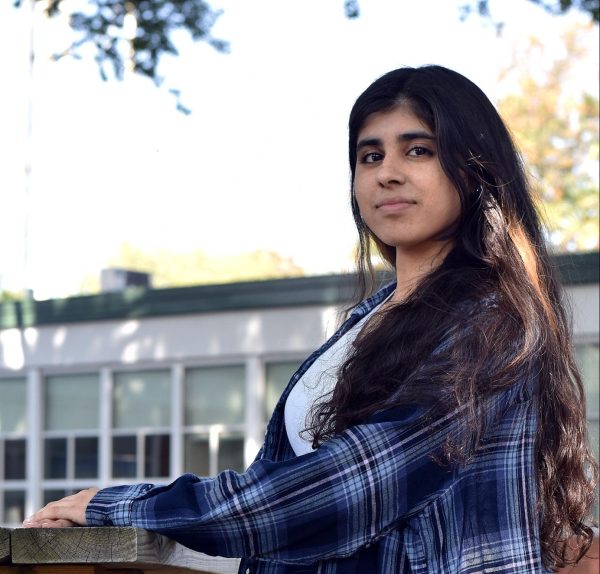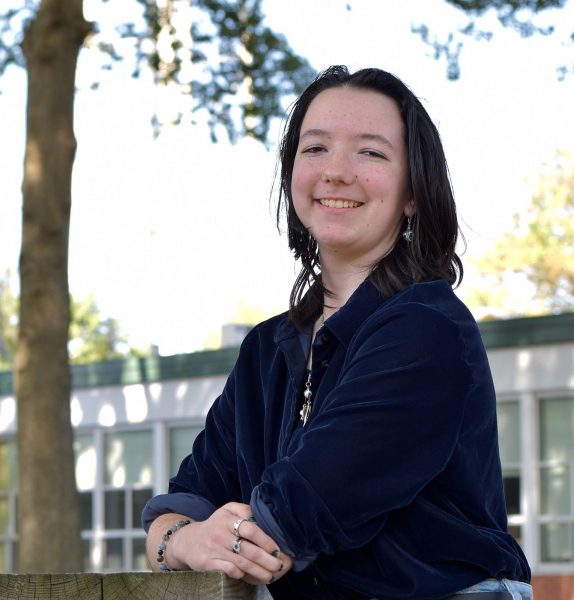With the ongoing conflict in Gaza, the war between Russia and Ukraine and the January 11 strikes on Houthi military sites in Yemen, we are living in a time where geopolitical tensions rise every day.
Even for adults, getting into political discussions is usually deemed an overwhelmingly complex topic. But with this mindset, where does this leave high schoolers as conflict continues to shape the world around us?
“Teens definitely need to get more involved and speak up. We are just as much a part of this crazy world as the adults in our lives are,” senior Logan Buckley said.
As president of the Young Democrats club, Buckley remains avid in American politics as well as global issues. He believes Americans have a responsibility to remain aware and active in the affairs of our country.
“I can’t express how important civic involvement is. Educate yourselves. Vote,” Buckley said. “When you do this you will feel like an important member of society, because we all are and we all deserve to be heard.”
Social science teacher Kent Bailey points out the effect awareness and knowledge of the political scene, both nationally and internationally, has on how we vote.
“One of the things we talk about is political efficacy and understanding that your voice through voting counts and means a lot more than we think it does,” Bailey said.
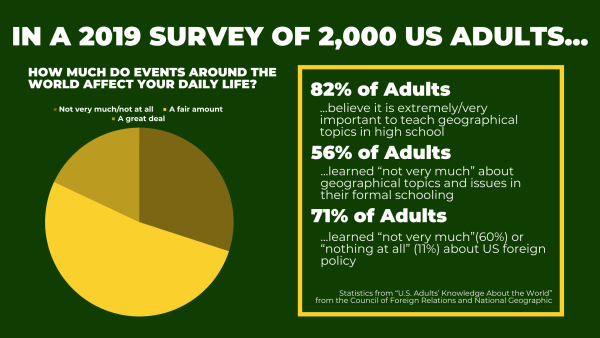
Even those interested in politics and the global affairs of the world tend to feel weary of learning more due to the disheartening nature of the subject matter. The constant popping up of conflict leaves many feeling overwhelmed and heartbroken for those suffering.
“Truth be told, I don’t find myself wanting to seek out information on global conflicts. It’s all horribly depressing.” Buckley continues, “I hate the feeling of helplessness. The sad fact is that it’s all beyond me, though.”
Junior Grace Kestler agrees that these topics can be weighty and divisive, but she ultimately believes it is important to be in tune with events unfolding around us.
“It has become such a divided and controversial topic, I find it to be hard to talk about without being even a little bit overwhelmed. But I think the more you’re exposed to these issues, the easier it is to hear about it without feeling overwhelmed,” she said.
While not being the most active in political discussion herself, junior Emily Womelsdorf believes all teens should at least know the basics, even if it’s not enough to engage in a full fledged conversation.
“I know it’s important to know what’s going on in the world around you, but I’m just not the kind of person to sit and watch the news or read an article,” Womelsdorf said. “We need more people, even teens, in society who can teach others about politics and current events.”
Bailey feels that the best way to get teens more interested in the political affairs of the world is to relate it back to the individual person, and how it affects them in a broader sense.
“It’s not that you need to be super engaged in politics or understand it in depth, but to understand what it does to affect your day to day life,” Bailey continues. “Once you make it applicable to that, people tend to become a little more in tune with it.”
“Yes, I know it’s very cliche, but we are the future,” Kestler said.
Kestler stresses the need for us to educate ourselves about the affairs of our country and beyond for the betterment of our society.
“We have so many wonderful resources through the internet and social media where it’s so easy to learn about current events,” Kestler said.
Most teens understand the importance of remaining aware of national and global politics, but whether or not we take initiative to learn more about these ever changing events remains a prominent question for Gen Z as a whole.
“I never shy away from political discussion,” Buckley said. “How else are we supposed to collaborate and make progress as a society if we do not communicate with each other?”

